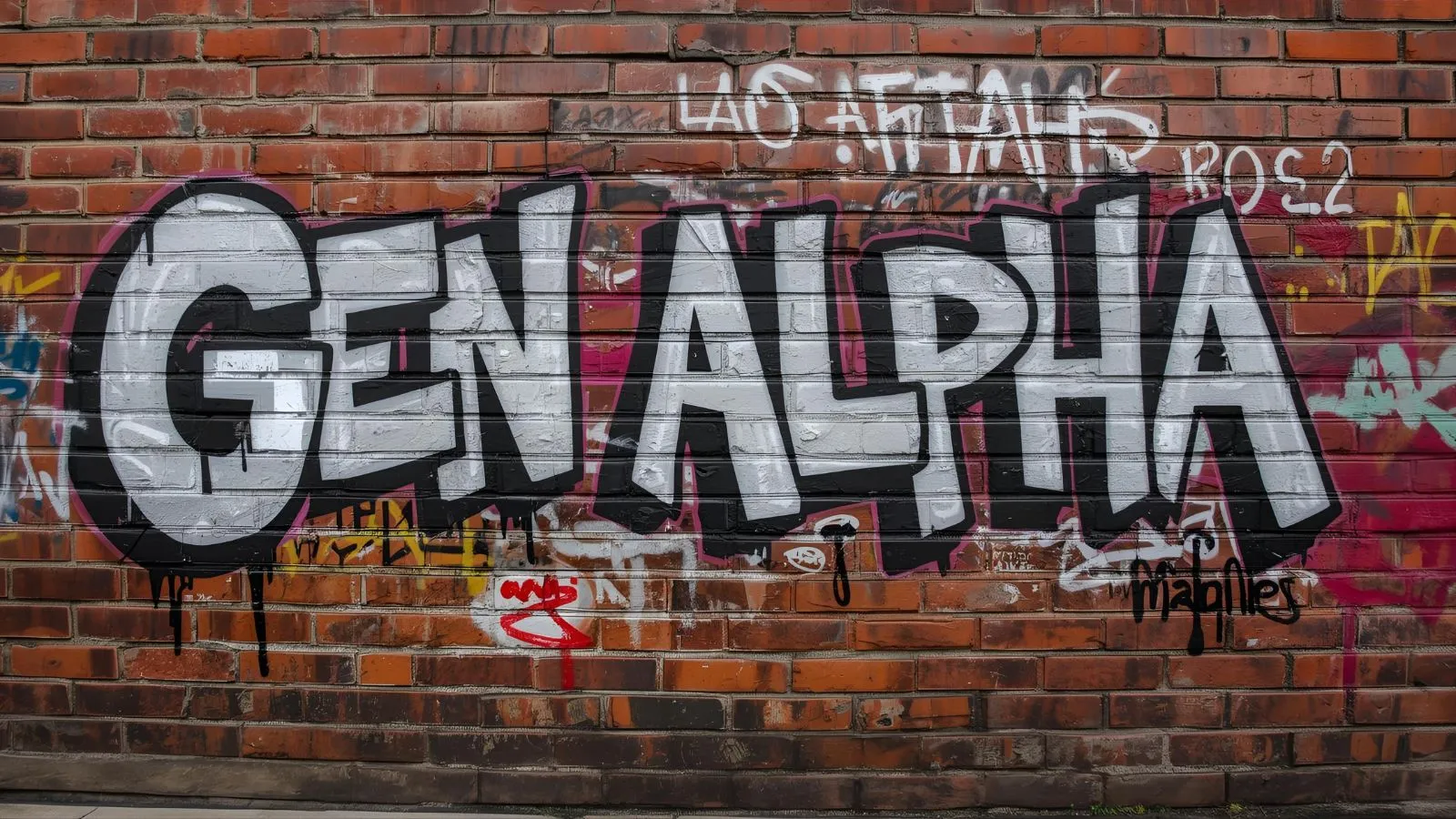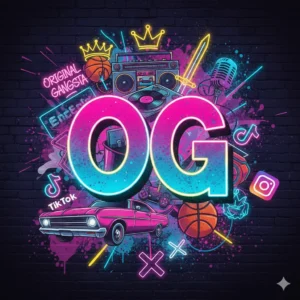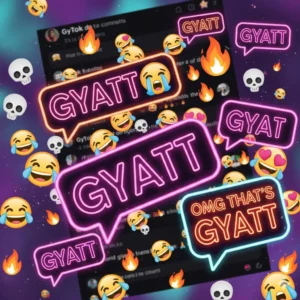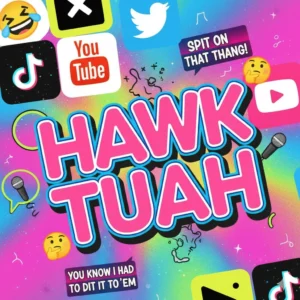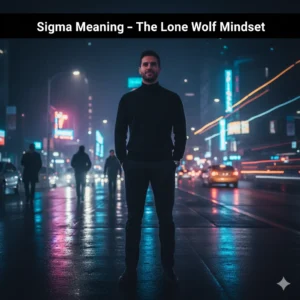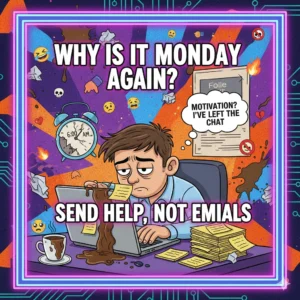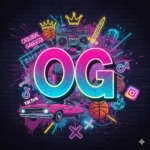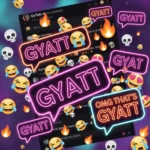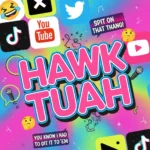Every generation reshapes the English language. From the “cool” of Baby Boomers to the “lit” of Millennials and the “vibe check” of Gen Z, each wave of young speakers pushes the boundaries of communication. Now, Generation Alpha (born roughly between 2010–2025) has entered the conversation, literally.
As the first fully digital-native generation—raised on TikTok, AI companions, and short-form memes—Gen Alpha’s slang is faster, sharper, and more experimental than anything before. In 2025, their wordplay is influencing classrooms, family conversations, online gaming communities, and even brand marketing strategies.
But what does their slang mean? How should adults, educators, or professionals interpret it? And—most importantly—how can we use polite, professional, or casual alternatives to these expressions when slang doesn’t quite fit?
This article provides:
- The most updated 2025 meanings of key Gen Alpha slang.
- Clear definitions and contextual breakdowns.
- Ten polished alternatives for one of their most common textual phrases.
- Guidance on tone: when to use casual slang, when to switch to professional phrasing, and when to stay neutral.
By the end, you’ll not only understand Gen Alpha slang—you’ll also know how to adapt your communication so you never sound outdated, awkward, or out of place.
The Core of Gen Alpha Slang in 2025
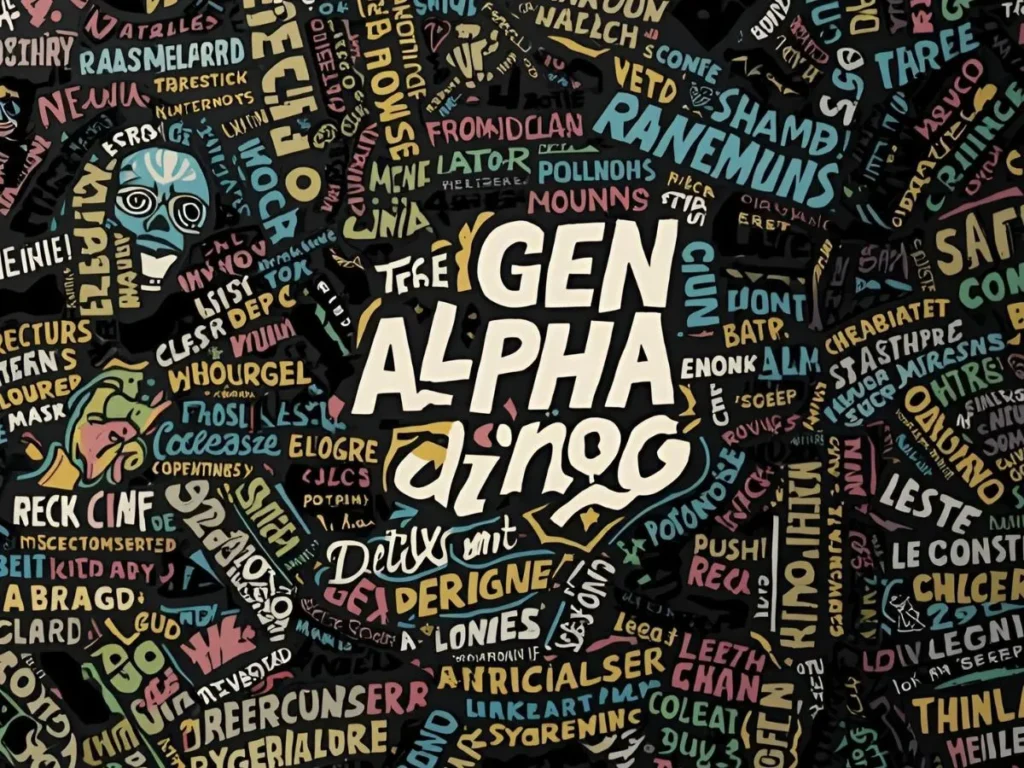
Unlike previous generations, Gen Alpha blends emoji shorthand, AI-influenced vocabulary, and gamified speech into everyday talk. In 2025, three big forces are shaping their slang:
- AI & Tech Integration
- They grew up with AI assistants that autocomplete thoughts. Many of their slang terms come from glitch humor, algorithm jokes, and AI errors that became memes.
- They grew up with AI assistants that autocomplete thoughts. Many of their slang terms come from glitch humor, algorithm jokes, and AI errors that became memes.
- Ultra-Short Attention Communication
- TikTok still dominates, but “nano-content” (clips under 5 seconds) is the big trend. Gen Alpha slang reflects this, using clipped words, sound-symbols, and hybrid emoji-text to save time.
- TikTok still dominates, but “nano-content” (clips under 5 seconds) is the big trend. Gen Alpha slang reflects this, using clipped words, sound-symbols, and hybrid emoji-text to save time.
- Identity & Community Signals
- Slang functions as a “badge of belonging.” Saying the right word in the right way shows you’re part of the group—whether it’s a Roblox server, a micro-community on Discord, or a school friend circle.
- Slang functions as a “badge of belonging.” Saying the right word in the right way shows you’re part of the group—whether it’s a Roblox server, a micro-community on Discord, or a school friend circle.
Spotlight Slang Term: “AND” in Text (2025 Use & Meaning)
In 2025, one of the most misunderstood shorthand expressions used by Gen Alpha is “AND” in text conversations. At first glance, it looks like the simple conjunction we all know. But in slang, “AND” doesn’t just connect ideas—it signals attitude.
The Core Meanings of “AND” in Gen Alpha Slang:
- Sarcastic Dismissal
- Example:
- Friend A: “I just beat your score by 200 points.”
- Friend B: “AND?”
- Meaning: “So what? That’s not impressive.”
- Friend A: “I just beat your score by 200 points.”
- Example:
- Challenge or Call-Out
- Example:
- “You really wore that shirt again? AND?”
- Meaning: “Yes, I did—what are you going to do about it?”
- “You really wore that shirt again? AND?”
- Example:
- Conversation Cliffhanger
- Example:
- “So he texted me out of nowhere last night… AND—”
- Meaning: “Wait for the rest of the tea/gossip.”
- “So he texted me out of nowhere last night… AND—”
- Example:
- Humorous Overreaction
- Example:
- “You ate the last cookie??”
- “AND?? 😏”
- Meaning: playfully defensive or pretending to escalate.
- “You ate the last cookie??”
- Example:
Why “AND” Resonates With Gen Alpha
The appeal of “AND” lies in its ambiguity. It leaves space for tone, emoji, or voice inflection to decide whether it’s dismissive, curious, sarcastic, or playful. For digital natives who thrive on speed + layered meaning, “AND” is the perfect multitool word.
The Problem With Slang in Professional or Cross-Generational Settings
While “AND” works in group chats, gaming convos, and meme-sharing, it doesn’t translate well to professional, academic, or intergenerational spaces. Misuse can make you seem flippant, rude, or even aggressive.
Imagine replying to a manager’s email:
- Manager: “I’ll need your report by Friday.”
- You: “AND?”
That reply could sound disrespectful instead of witty. That’s why it’s useful to have alternatives—phrases that match the tone you need while keeping communication smooth.
10 Alternatives to “AND” (Polite, Professional, and Casual)
Here are 10 carefully chosen alternatives to “AND” in slang text—each with examples, tone analysis, and context for when to use them.
1. “So what?”
- Tone: Direct, casual, sometimes confrontational.
- Use when: You want to show indifference but not complete hostility.
- Example:
- Friend: “You still haven’t watched that show.”
- You: “So what?”
- Friend: “You still haven’t watched that show.”
2. “What’s your point?”
- Tone: Neutral, slightly challenging.
- Use when: You want clarification or to cut through unnecessary detail.
- Example:
- Classmate: “I finished my essay two days early.”
- You: “What’s your point?”
- Classmate: “I finished my essay two days early.”
3. “Go on…”
- Tone: Curious, conversational.
- Use when: You want to encourage someone to continue without sarcasm.
- Example:
- Friend: “Guess who texted me last night…”
- You: “Go on…”
- Friend: “Guess who texted me last night…”
4. “And then what happened?”
- Tone: Friendly, story-driven.
- Use when: You’re genuinely interested in more details.
- Example:
- Friend: “So I bumped into her at the store.”
- You: “And then what happened?”
- Friend: “So I bumped into her at the store.”
5. “I’m listening.”
- Tone: Professional, polite.
- Use when: You want to signal attentiveness in work or formal settings.
- Example:
- Manager: “We’ve identified a gap in our workflow…”
- You: “I’m listening.”
- Manager: “We’ve identified a gap in our workflow…”
6. “Is there more?”
- Tone: Neutral, adaptable.
- Use when: You’re not sure if someone has finished speaking.
- Example:
- Student: “The experiment failed because of one small error.”
- Teacher: “Is there more?”
- Student: “The experiment failed because of one small error.”
7. “Care to explain?”
- Tone: Lightly teasing, semi-formal.
- Use when: You’re playfully demanding justification.
- Example:
- Sibling: “I borrowed your charger.”
- You: “Care to explain?”
- Sibling: “I borrowed your charger.”
8. “Alright, and?”
- Tone: Playful, slightly sarcastic.
- Use when: You’re mimicking the slang but softening it.
- Example:
- Friend: “I bought the same shoes as you.”
- You: “Alright, and?”
- Friend: “I bought the same shoes as you.”
9. “Please continue.”
- Tone: Professional, respectful.
- Use when: In meetings, presentations, or serious discussions.
- Example:
- Colleague: “We project a 12% growth rate in Q3…”
- You: “Please continue.”
- Colleague: “We project a 12% growth rate in Q3…”
10. “That’s interesting—what else?”
- Tone: Warm, encouraging.
- Use when: You want to show genuine interest while prompting more detail.
- Example:
- Friend: “I’ve been learning how to code.”
- You: “That’s interesting—what else?”
- Friend: “I’ve been learning how to code.”
Choosing the Right Alternative: Context Matters
- Polite/Professional: “Please continue,” “I’m listening,” “What else?”
- Casual/Friendly: “Go on,” “And then what happened?”
- Sarcastic/Playful: “So what?” “Alright, and?”
The choice depends on:
- Audience: Who are you talking to?
- Tone: Are you serious, playful, dismissive?
- Setting: Is this a text with friends, a job interview, or a class presentation?
Beyond “AND”: New Gen Alpha Slang in 2025
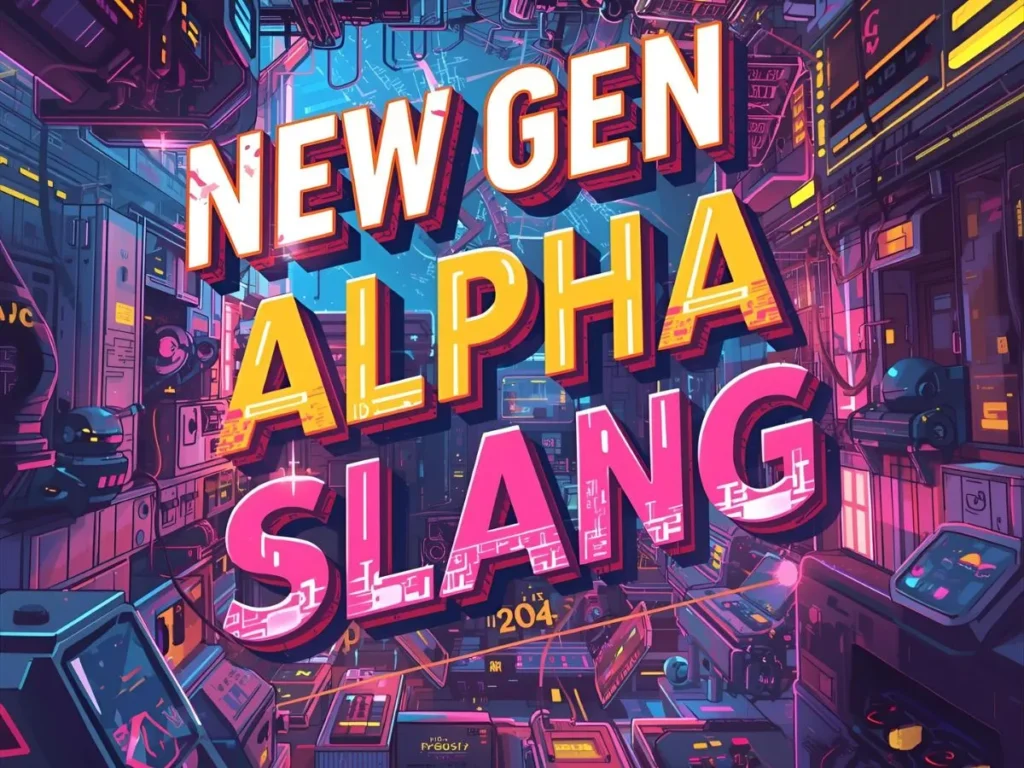
Here are some fresh Gen Alpha terms (2025 updates) you won’t find in last year’s slang guides:
- “NPC Energy” (Upgraded)
- Used for someone acting boring or predictable—but in 2025, it also applies to AI bots that flood online chats.
- Example: “That reply was pure NPC energy.”
- Used for someone acting boring or predictable—but in 2025, it also applies to AI bots that flood online chats.
- “Glass Mode”
- Means being extremely fragile or overreacting to small things.
- Example: “Stop going glass mode just because they didn’t like your post.”
- Means being extremely fragile or overreacting to small things.
- “Beta Save”
- A comeback when someone fails at roasting: “Nice try, that was a beta save.”
- A comeback when someone fails at roasting: “Nice try, that was a beta save.”
- “Clip It”
- Telling someone to record or highlight a funny/epic moment (from streaming culture).
- Example: “That fall was hilarious—clip it!”
- Telling someone to record or highlight a funny/epic moment (from streaming culture).
- “Zero Signal”
- Someone who gives no useful responses in chat.
- Example: “I asked for homework help, but he gave me zero signal.”
- Someone who gives no useful responses in chat.
- “Overclocked”
- Means someone is too hyped, moving too fast.
- Example: “She’s overclocked from drinking three energy drinks.”
- Means someone is too hyped, moving too fast.
- “Mirror Check”
- A phrase to roast someone’s outfit or appearance.
- Example: “Bro, mirror check before leaving next time.”
- A phrase to roast someone’s outfit or appearance.
- “Clean Exit”
- Compliment for leaving a group chat, debate, or game without drama.
- Example: “He left after winning, total clean exit.”
- Compliment for leaving a group chat, debate, or game without drama.
- “Shadow Typing”
- Pretending to type just to stall someone or create suspense.
- Example: “Stop shadow typing, just send the message.”
- Pretending to type just to stall someone or create suspense.
- “Core Swap”
- Switching your whole personality/style suddenly.
- Example: “She went from cottagecore to cyberpunk—total core swap.”
Conclusion:
Gen Alpha slang, especially terms like “AND,” reflects the speed, humor, and layered meaning of a generation raised in digital-first environments. But while it’s fun and expressive, knowing when to use slang versus polished alternatives is key to effective communication.
Whether you’re a teacher, parent, brand strategist, or just someone trying to keep up with online culture, understanding these phrases helps you connect authentically—without sounding forced or outdated.
Remember: language evolves, but clarity never goes out of style.
